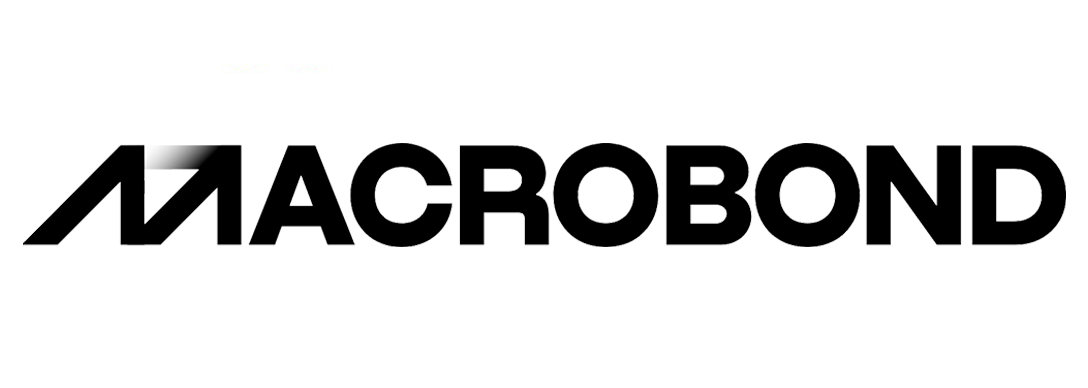Order growth exhibited weakness but new energy order bookings advanced: BKR’s total book-to-bill ratio was 1.3x in Q1 2023. Order growth was significantly skewed toward the Oilfield Services & Equipment (or OFSE) segment, while orders declined in the Industrial & Energy Technology (or IET) segment. Increased orders for subsea & surface pressure systems primarily accounted for the OFSE order growth. It also had $300 million of New Energy order booking in Q1.
Segment revenue and profit declined, but management stays positive: A higher share of lower-margin products and lower-cost productivity reduced the OFSE segment profit. Revenues from the IET segment decreased by 8% compared to a quarter ago, while the operating profit dipped by 36%. Quarter-over-quarter, the company’s adjusted EBITDA decreased by 17% in Q1. The management concedes the initial “macro volatility” in 2023 but is encouraged by the “multi-decade growth opportunity in gas is steadily improving.”
Impressive cash flow growth while balance sheet stays stable: BKR’s cash flow from operations increased from $72 million a year ago to $461 million in Q1 2023. Its FCF turned positive from a negative FCF a year ago. Debt-to-equity (0.45x) remained nearly unchanged from a quarter ago. You may read more about the company in our previous article here.
Thanks for reading the BKR take three, designed to give you three critical takeaways from BKR’s earnings report. Soon we will present a second update on BKR earnings highlighting its current strategy, news, and notes we extracted from our deeper dive.











